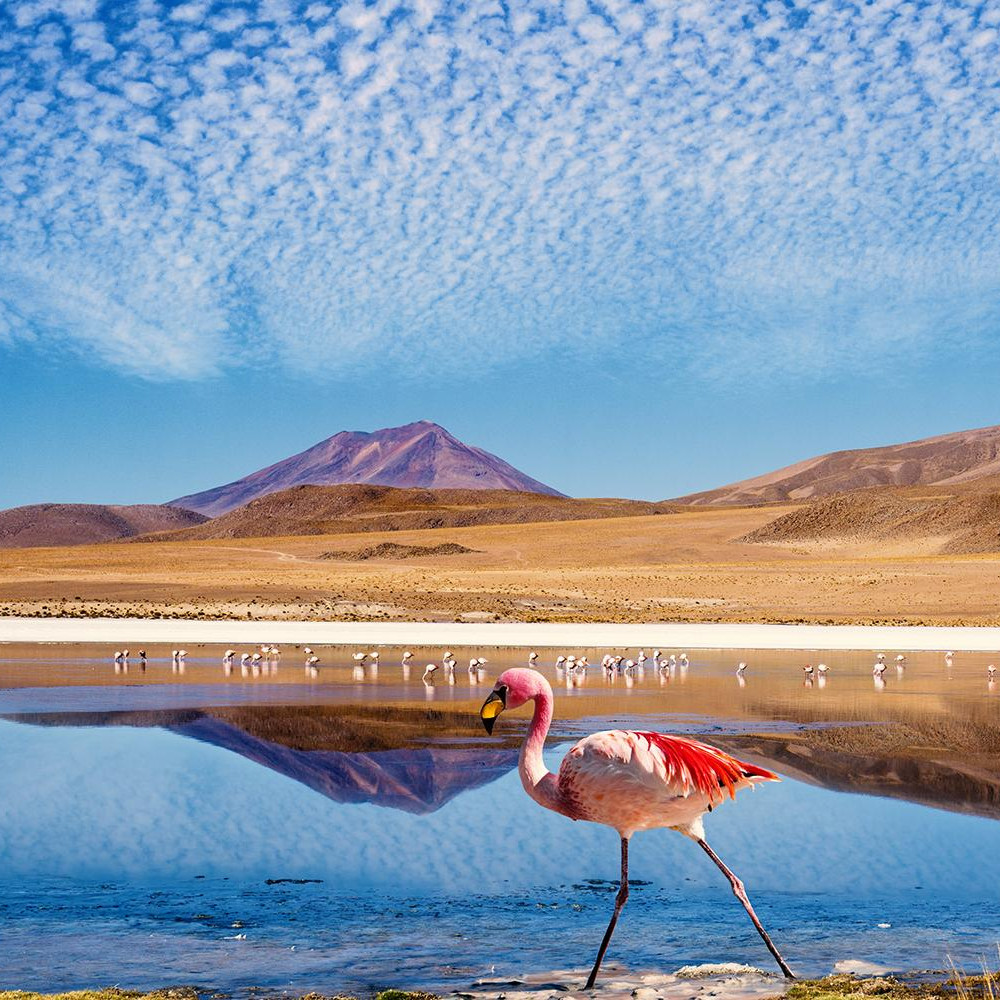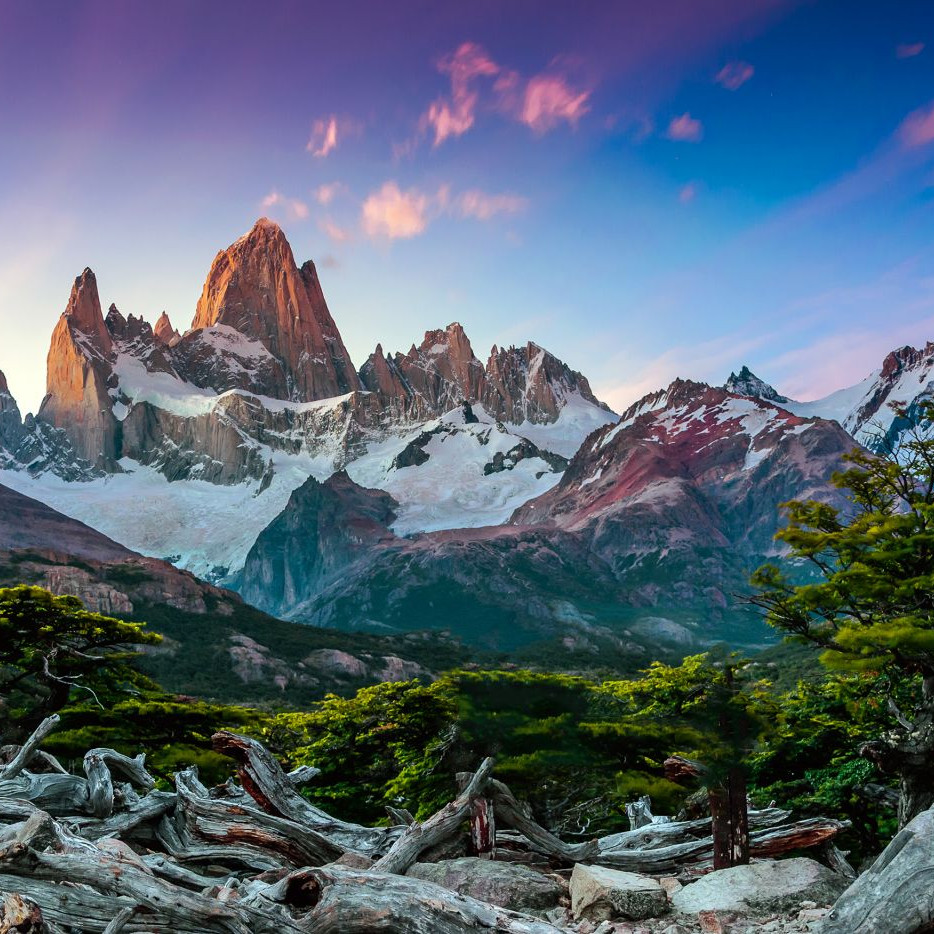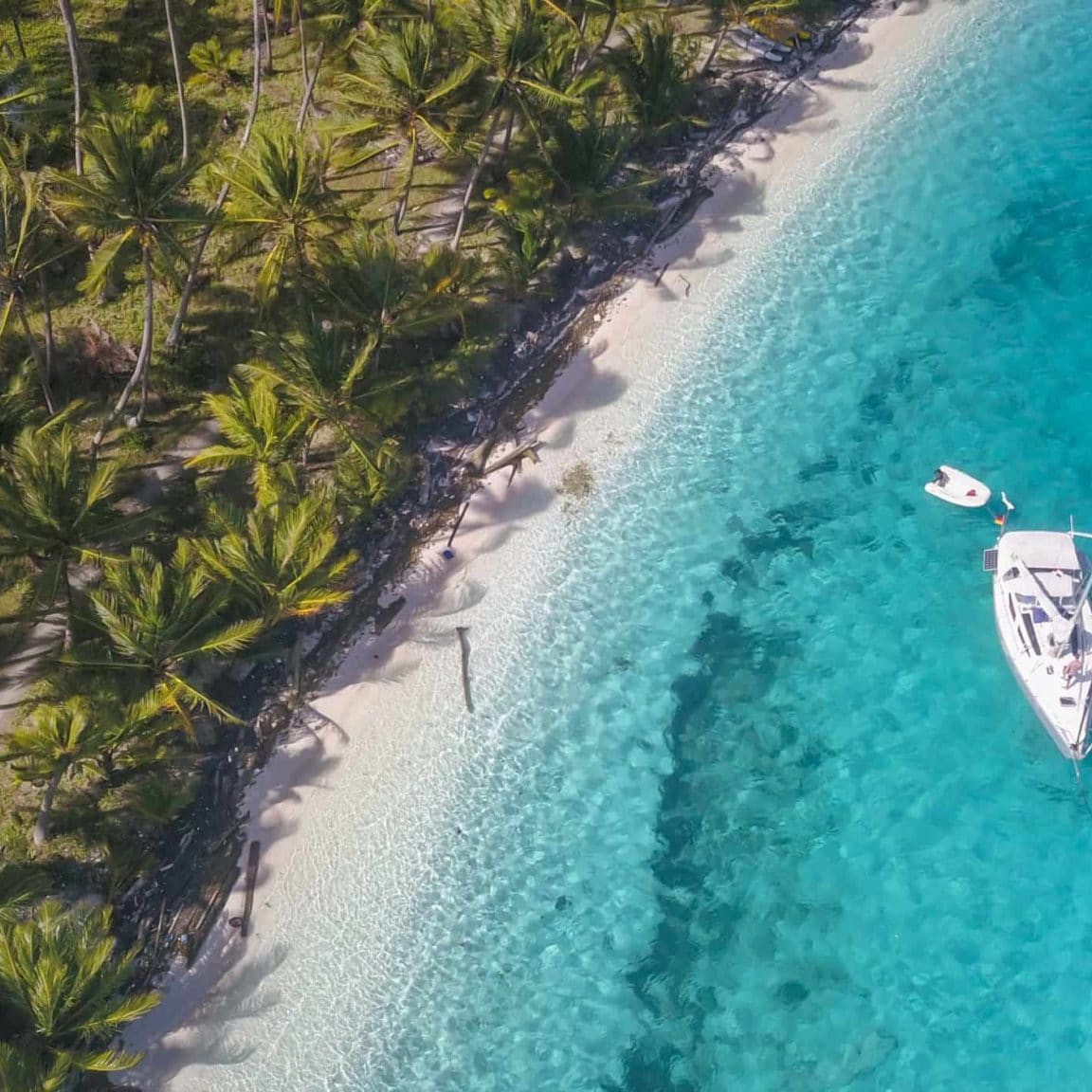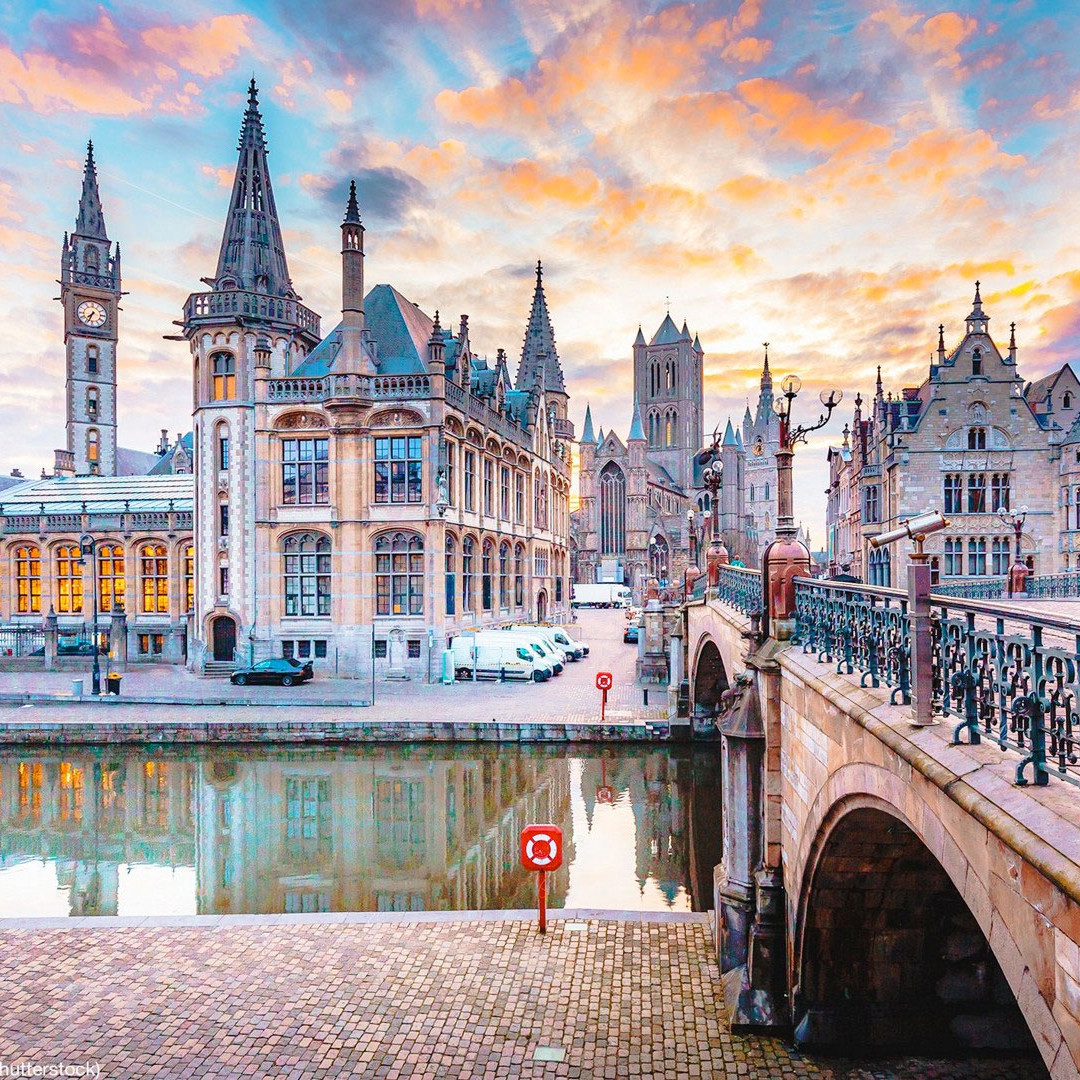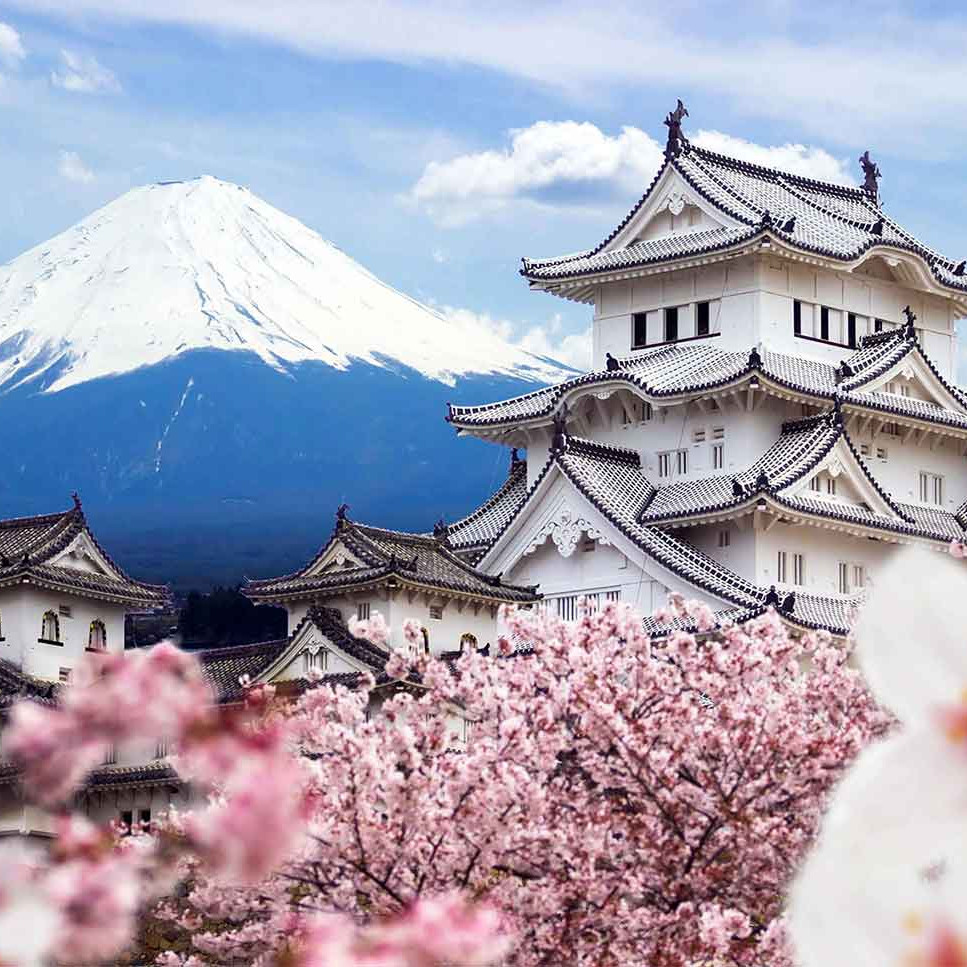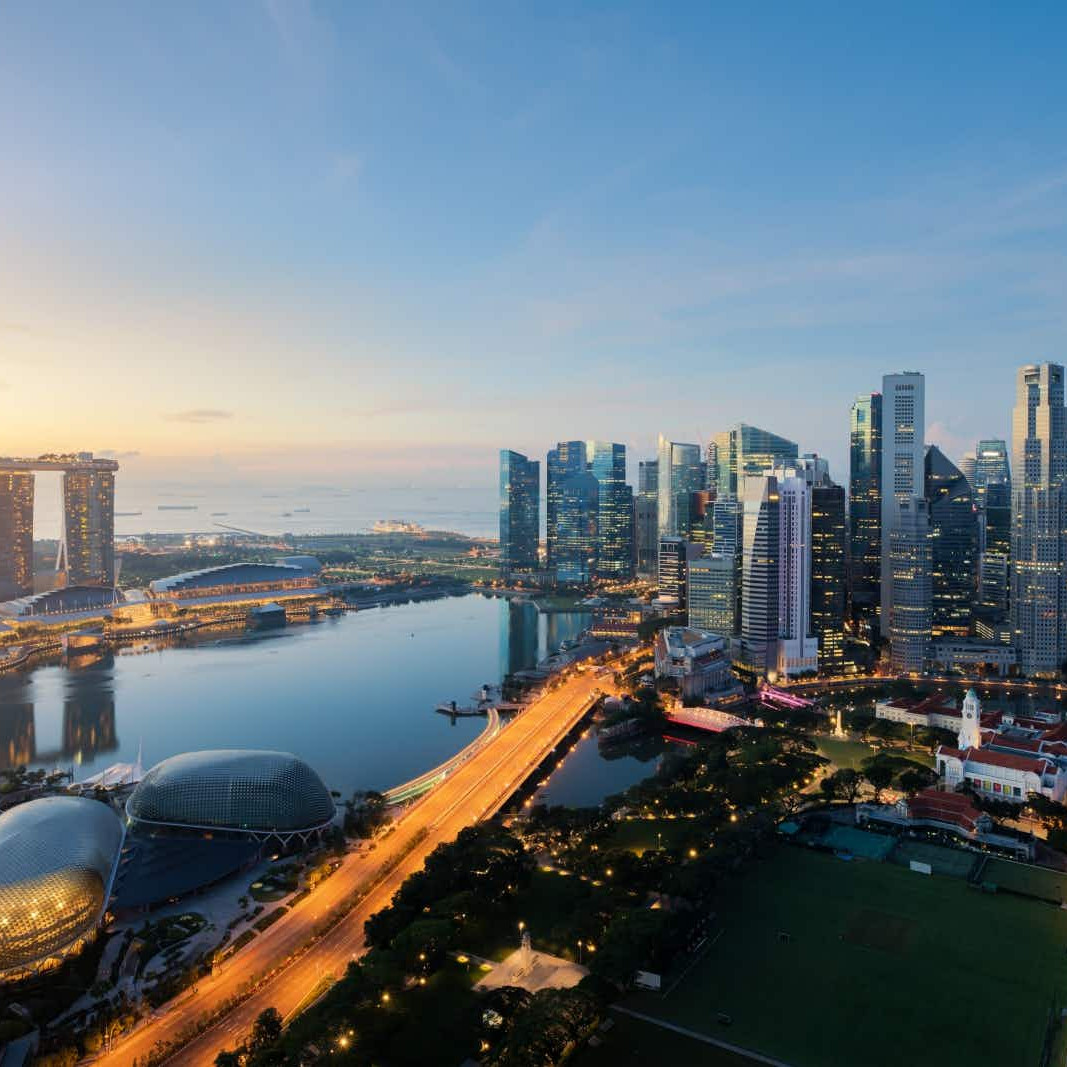Located in South America, Brazil is the largest country in South America, a fascinating destination filled with warm and hospitable locals, a vibrant and rich culture and history, diverse natural wonders and the biggest carnival in the world.
Why Visit Brazil
LANDSCAPES & NATURE:
Brazil offers a very varied landscape, from the Amazon Rainforest to pristine beaches and plateaus, grasslands and hills. The country boosts the highest biodiversity of plant species and the greatest variety of animals in the world.
CULTURE & LOCALS
Brazilian culture is charming, vibrant and warm. Was originated from the mix of cultures that occurred during the colonial period between the portuguese, indigenous and african. Brazilians are known for their friendliness, vibrant spirit, and love for music and dance. Visitors can immerse themselves in the local culture by experiencing samba rhythms, capoeira performances, and traditional Brazilian cuisine.
FESTIVALS
Brazil is world famous for its Carnival in Rio de Janeiro, the biggest carnival in the world and an unique combination of Portuguese and African culture. Is a tradition held since 1723 and it marks the beginning of Lent, the forty-day period before Easter, as its name come from the word Carne Vale which translates to ‘Goodbye to Meat”. When samba schools were established in Rio de Janeiro, they were integrated with the Carnival, creating a parade full of colors, music, dance, floats, party-goers and decoration.
BEACHES
With over 4,500 miles of coastline, Brazil is renowned for its stunning beaches. From the famous Copacabana and Ipanema beaches in Rio de Janeiro to the tranquil shores of Fernando de Noronha and the rustic beauty of Jericoacoara, Brazil offers an array of coastal paradises.
SOCCER
Soccer, or futebol, is a national obsession in Brazil. The country has a rich soccer history and is home to some of the world’s most iconic players, such as Pelé and Ronaldo. Attending a soccer match in Brazil is an electrifying experience, with passionate fans, lively chants, and impressive skills on display.
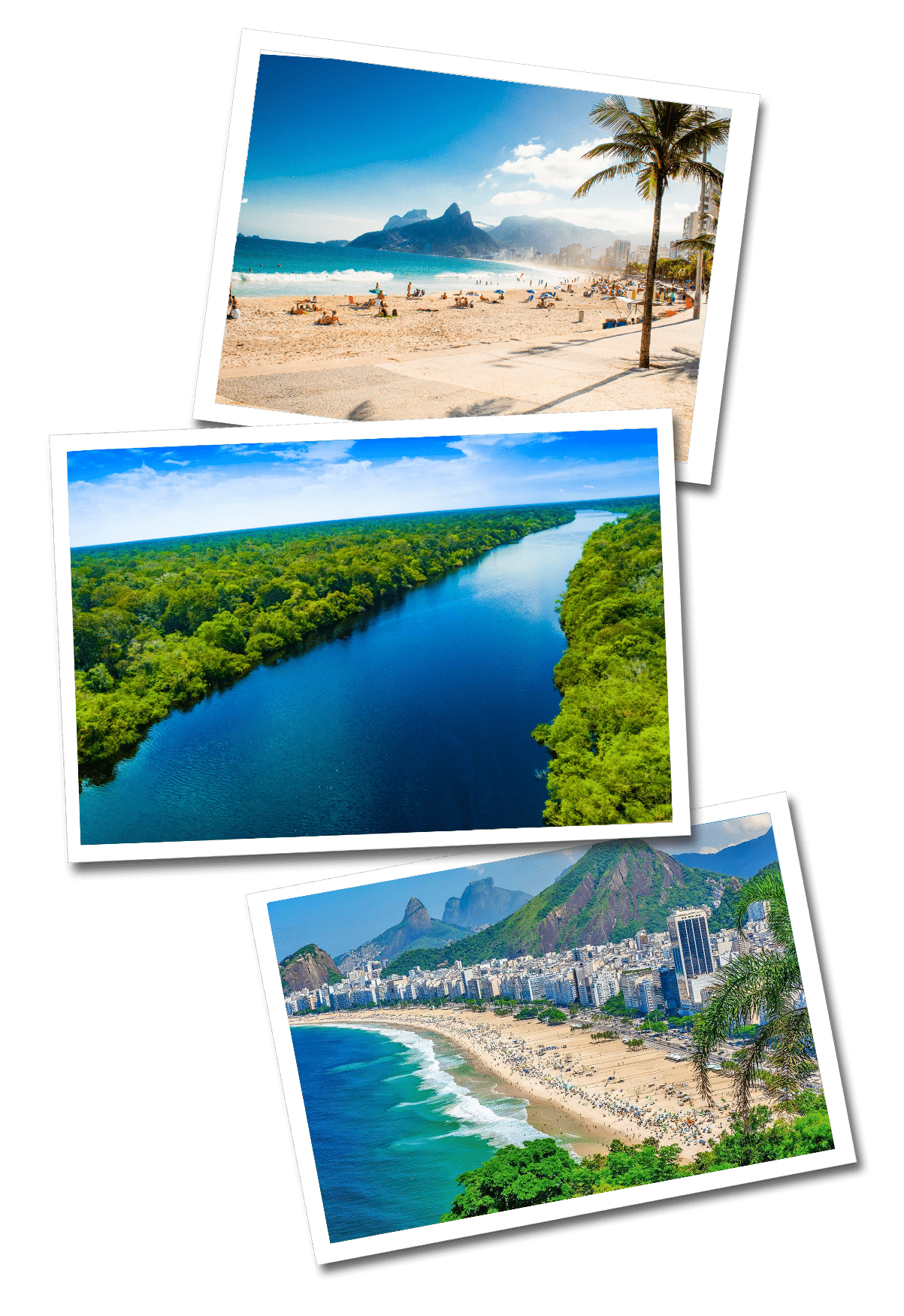
Located in South America, Brazil is the largest country in South America, a fascinating destination filled with warm and hospitable locals, a vibrant and rich culture and history, diverse natural wonders and the biggest carnival in the world.

Why Visit Brazil
LANDSCAPES & NATURE:
Brazil offers a very varied landscape, from the Amazon Rainforest to pristine beaches and plateaus, grasslands and hills. The country boosts the highest biodiversity of plant species and the greatest variety of animals in the world.
CULTURE & LOCALS
Brazilian culture is charming, vibrant and warm. Was originated from the mix of cultures that occurred during the colonial period between the portuguese, indigenous and african. Brazilians are known for their friendliness, vibrant spirit, and love for music and dance. Visitors can immerse themselves in the local culture by experiencing samba rhythms, capoeira performances, and traditional Brazilian cuisine.
FESTIVALS
Brazil is world famous for its Carnival in Rio de Janeiro, the biggest carnival in the world and an unique combination of Portuguese and African culture. Is a tradition held since 1723 and it marks the beginning of Lent, the forty-day period before Easter, as its name come from the word Carne Vale which translates to ‘Goodbye to Meat”. When samba schools were established in Rio de Janeiro, they were integrated with the Carnival, creating a parade full of colors, music, dance, floats, party-goers and decoration.
BEACHES
With over 4,500 miles of coastline, Brazil is renowned for its stunning beaches. From the famous Copacabana and Ipanema beaches in Rio de Janeiro to the tranquil shores of Fernando de Noronha and the rustic beauty of Jericoacoara, Brazil offers an array of coastal paradises.
SOCCER
Soccer, or futebol, is a national obsession in Brazil. The country has a rich soccer history and is home to some of the world’s most iconic players, such as Pelé and Ronaldo. Attending a soccer match in Brazil is an electrifying experience, with passionate fans, lively chants, and impressive skills on display.
- Name: Federative Republic of Brazil
- Capital: Brasília
- Official Languages: Portuguese
- Currency: Real
- Time Zone: UTC−2 to -5
- Name: Federative Republic of Brazil
- Capital: Brasília
- Official Languages: Portuguese
- Currency: Real
- Time Zone: UTC−2 to -5
Bucket List
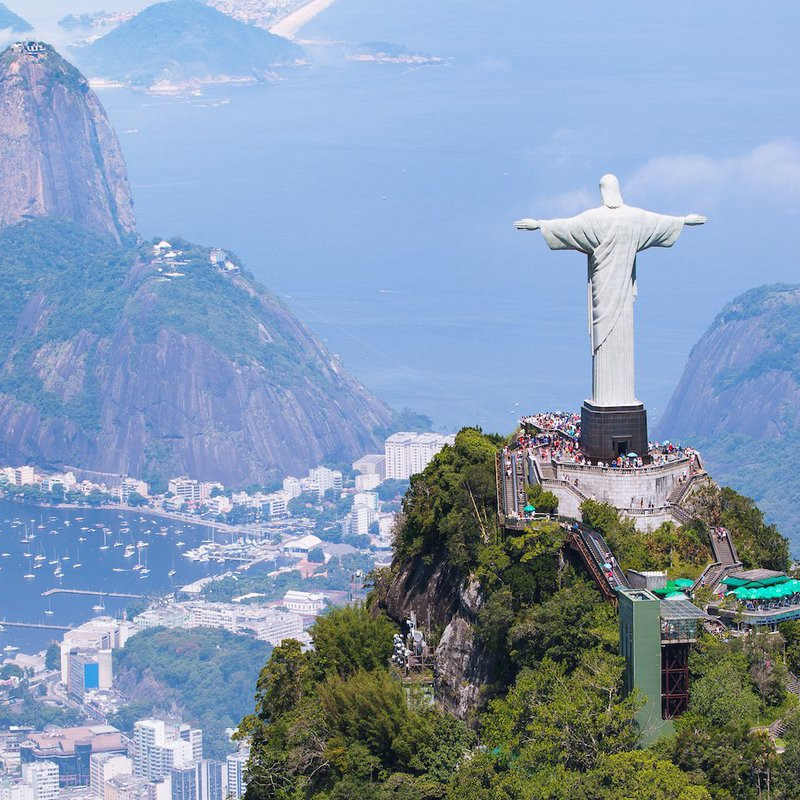
Visit Christ the Redeemer

Experience the Carnival in Rio de Janeiro
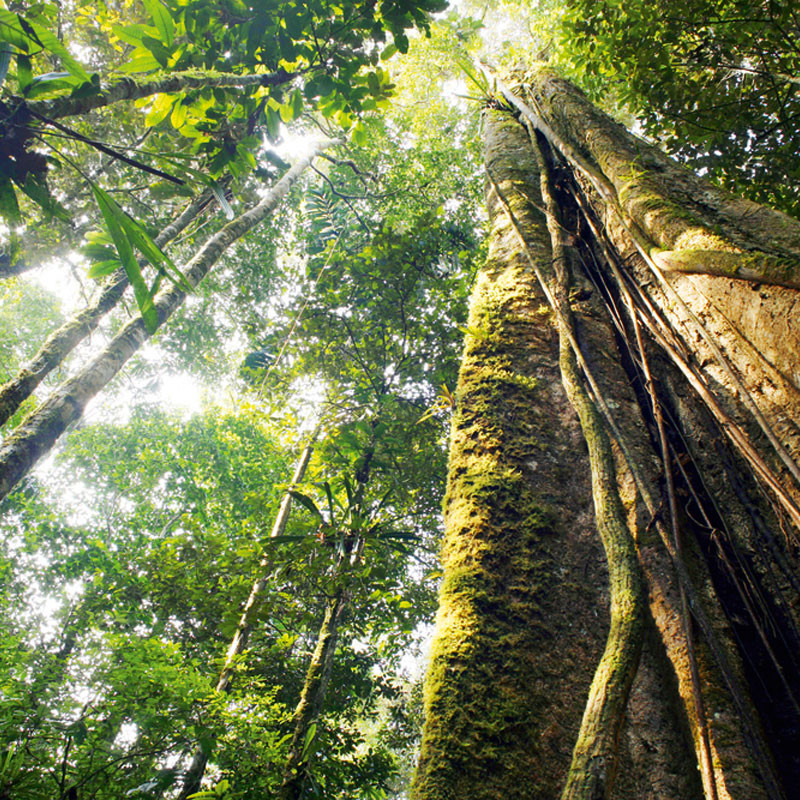
See the Amazon Rainforest
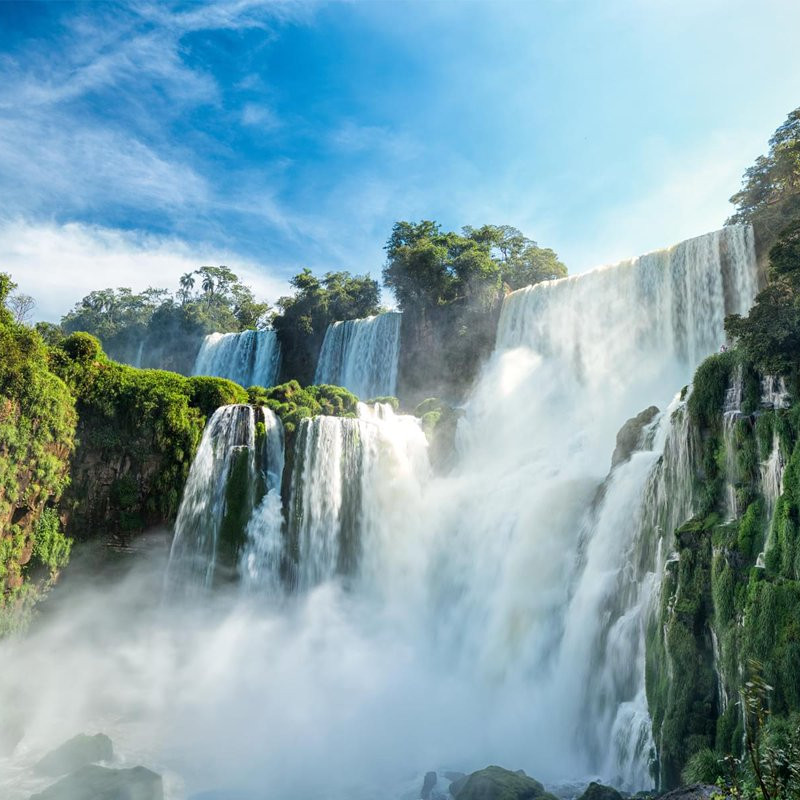
Get Wet Under the Iguazu Falls
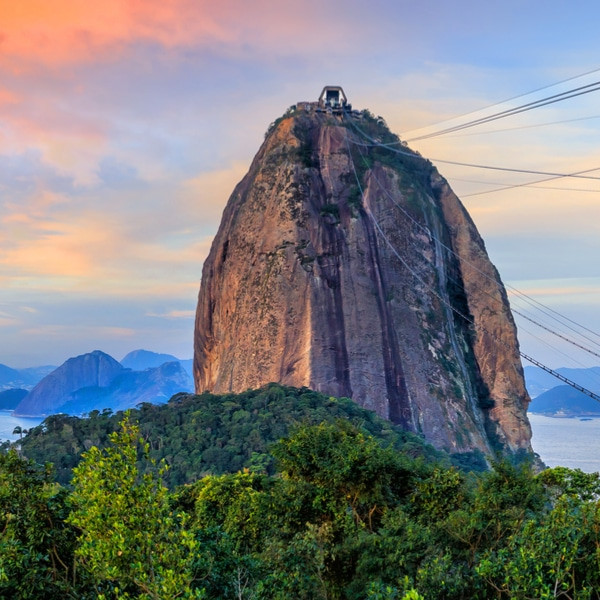
Scale Corcovado

Watch a soccer match
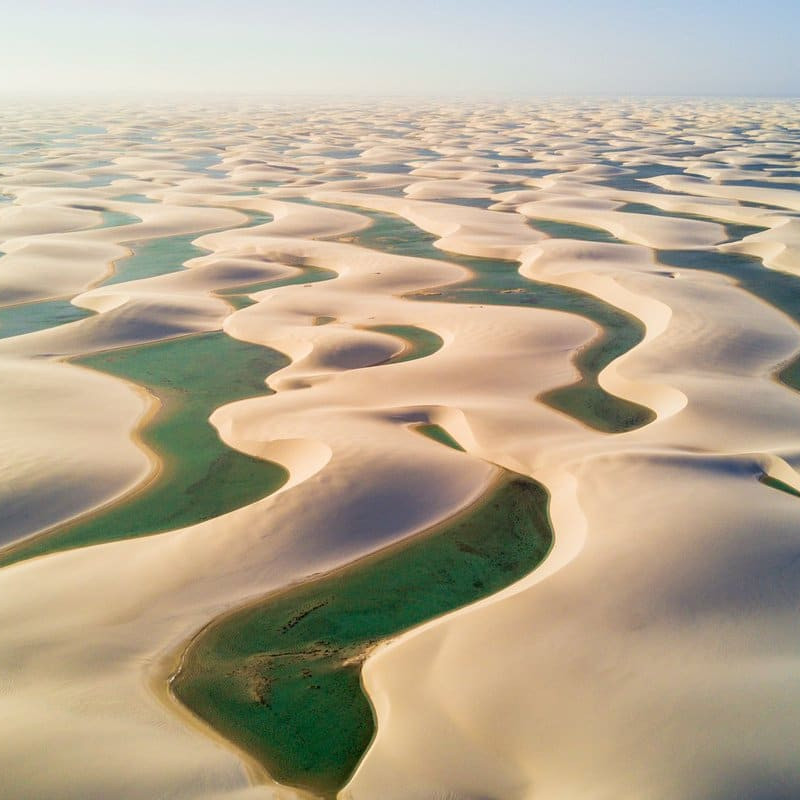
Slide Down a Sand Dune in Lençóis Maranhenses
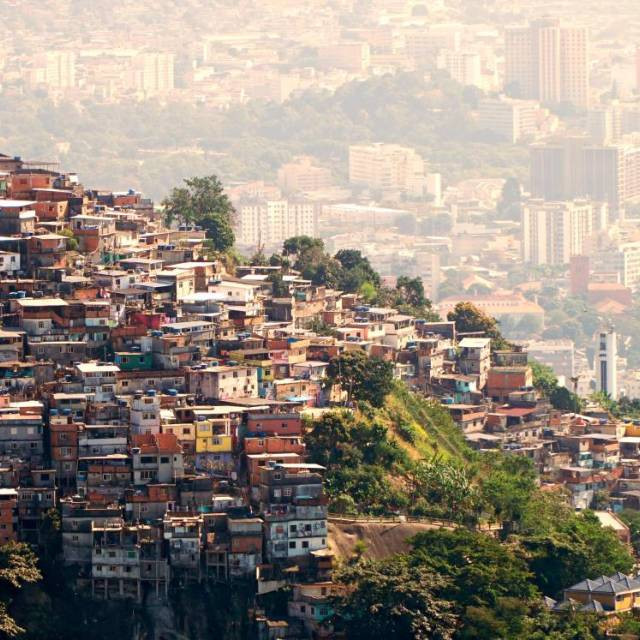
Tour a Favela (not alone)
What to expect
LANGUAGE
Portuguese is the official language in Brazil. Besides portuguese, more than 160 languages and dialects are spoken by the Indigenous peoples in Brazil today. English speakers can be found in big cities like Rio de Janeiro, São Paulo and tourist attractions, but not many brazilians will speak english outside these areas.
ELECTRICITY
In Brazil the standard voltage is 220 V and the frequency is 60 Hz. That’s the standard voltage in UK, Europe, Australia and most of Asia and Africa.
CURRENCY
The Brazilian Real is the official currency in Brazil. Foreign currencies, like dollars and euros, might be accepted at tourist attractions and hotels, but they won’t be accepted at other establishments. ATMs are widely available in major cities, and credit cards are accepted in many establishments. However, it’s advisable to carry some cash, especially for smaller vendors or when visiting more remote areas. 1 USD equals 5.3 reals (as of 2023)
CLIMATE
Brazil’s climate is diverse due to its vast size and geographical variations. The country experiences different climate zones, including tropical, subtropical, and equatorial regions. The Amazon rainforest region has a hot and humid climate, while the coastal areas enjoy a more tropical climate with warm temperatures year-round. The southern region, including cities like São Paulo and Rio de Janeiro, experiences a subtropical climate with mild winters and warm summers.
SAFETY
Brazil is generally safe. Tourist might experience some non-violent crimes like pickpocketing or muggings in crowded areas and big cities, but in most cases, they do not encounter these issues. Common sense is encouraged.
How to get around
- Air Travel: Brazil has a well-developed domestic air network, making air travel a convenient option for covering long distances. Major cities and tourist destinations are connected by numerous domestic airlines, allowing for efficient travel within the country. Airports are modern and well-equipped, and flights can be booked in advance through airline websites or travel agencies.
- Buses: Buses are a popular and cost-effective way to travel within Brazil. The country has an extensive network of bus routes connecting cities, towns, and even remote areas. Both long-distance and local buses are available, with varying levels of comfort and amenities. Major cities have bus terminals (rodoviárias) where you can find buses to your desired destination. It’s advisable to choose reputable bus companies for long journeys.
- Trains: Although train travel is not as widespread in Brazil as other modes of transportation, there are some scenic and historic train routes available. The most famous is the Serra Verde Express, which runs from Curitiba to Morretes, offering breathtaking views of the Atlantic Forest. In addition, there are tourist trains in places like Ouro Preto and São João del Rei that provide an enjoyable way to explore the cultural and historical sites.
- Metro/Subway: Brazil has efficient subway systems in major cities like São Paulo, Rio de Janeiro, and Brasília. Metros are a convenient and relatively fast way to travel within these urban areas, avoiding traffic congestion. Tickets can be purchased at the stations, and maps and signage are available in multiple languages to assist tourists.
- Taxis and Ride-Sharing Apps: Taxis are widely available in urban areas and can be hailed on the streets or found at designated taxi stands. Ride-sharing apps such as Uber and 99 are also popular and provide a convenient and often cheaper alternative for getting around cities. It’s important to ensure the driver starts the meter or agrees on a fare before starting the journey.
- Rental Cars: Renting a car gives you flexibility and the freedom to explore Brazil at your own pace, especially in more remote areas or for road trips. Rental car companies have offices at major airports and cities, and international driver’s licenses are generally accepted. However, it’s important to be aware of local driving regulations, road conditions, and parking options.
- Ferries and Boats: In coastal areas and regions with large rivers, ferries and boats are commonly used for transportation. For example, in the Amazon region, riverboats provide a unique way to navigate the vast river system and explore remote communities. In coastal cities like Rio de Janeiro and Salvador, ferry services are available for island hopping or crossing bays.
VISA POLICY
Brazil has a comprehensive visa policy for tourists, with specific requirements varying depending on the visitor’s nationality. Here is a detailed description of the visa policy in Brazil:
- Visa-Free Entry: Citizens of several countries can enter Brazil without a visa for tourism purposes. These countries include the United States, Canada, Australia, Japan, and most European Union member states. Visitors from these countries are typically granted a visa-free stay for up to 90 days, which can be extended for an additional 90 days upon request to the Federal Police in Brazil.
- Visa on Arrival: Brazil offers visa on arrival for citizens of a few countries. Visitors from countries such as Australia, Canada, and the United States can obtain a visa upon arrival at selected airports and ports of entry. The visa on arrival is valid for a stay of up to 90 days, but it’s essential to check the latest requirements and availability, as this option may be subject to changes.
- Electronic Visa (eVisa): Brazil has implemented an electronic visa system for citizens of eligible countries. The eVisa allows travelers to apply online for a tourist visa before their trip. Currently, citizens of the United States, Canada, Australia, and Japan, among others, can apply for an eVisa, which grants a stay of up to 90 days. The eVisa application involves submitting personal details, travel information, and supporting documents electronically.
- Consular Visa: Some nationalities must obtain a tourist visa from a Brazilian consulate or embassy before traveling to Brazil. The requirements for a consular visa include submitting a completed application form, a valid passport, a recent passport-sized photograph, proof of travel itinerary, and proof of financial means. The specific documentation and application process may vary depending on the country and consulate.
SUBSCRIBE!
Are you a globetrotter? Join our platform and get exclusive travel tips, getaways and more!
Bolivia
Travel Bolivia, home to 40% of all animal and plant species in the world. The country is blessed with an incredible diverse nature, from..
Argentina
Travel Argentina, a country king in diversity of all kinds, offering a variety of features and attractions to please every type of traveler..
Panama
Panama is the only place in the world where you can see the sun rise on the Pacific and set on the Atlantic. The country has a rich history..
Belgium
Travel Belgium, is a small country known as the world capital of the beer and the chocolate. The is also home to amazing architecure and..
Japan
Travel Japan, an archipelago comprised by 6,852 islands and home to a millenaire culture with interesting and unique traditions, extraordin..
Bolivia
Travel Bolivia, home to 40% of all animal and plant species in the world. The country is blessed…
Argentina
Travel Argentina, a country king in diversity of all kinds, offering a variety of features and…
Singapore
Explore Singapore, an island-city state that was once colonized by the British. The country is well…


